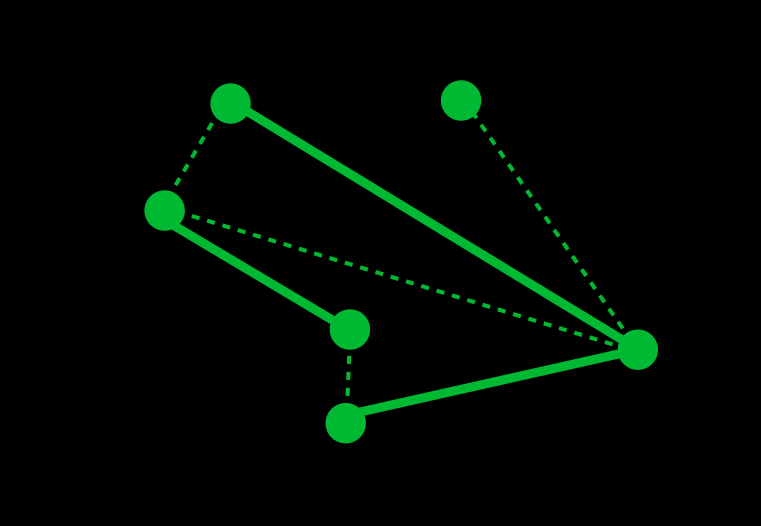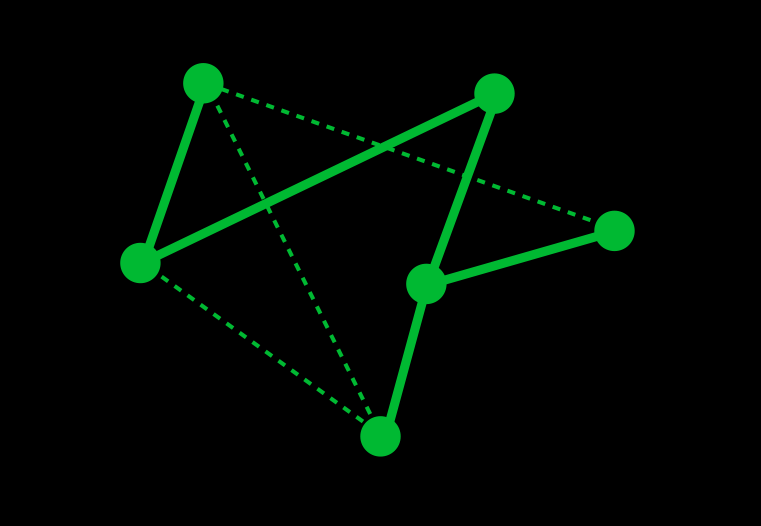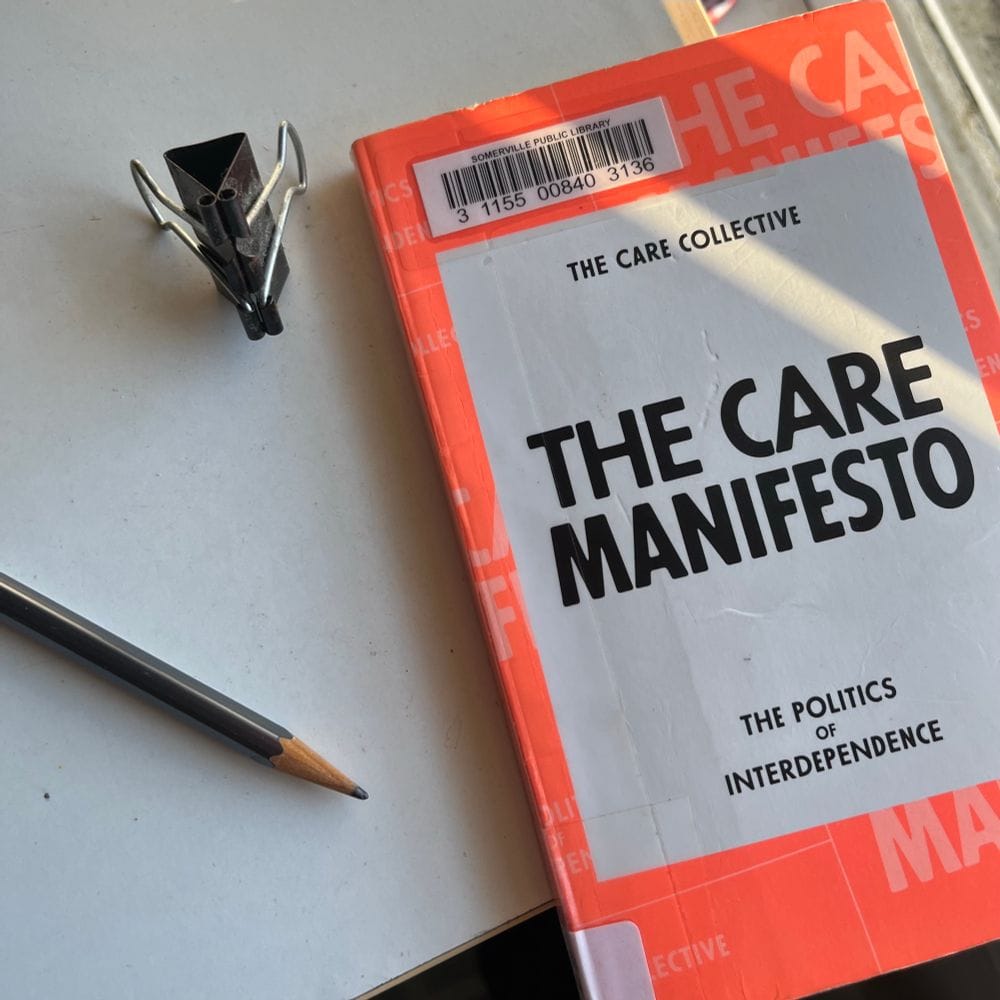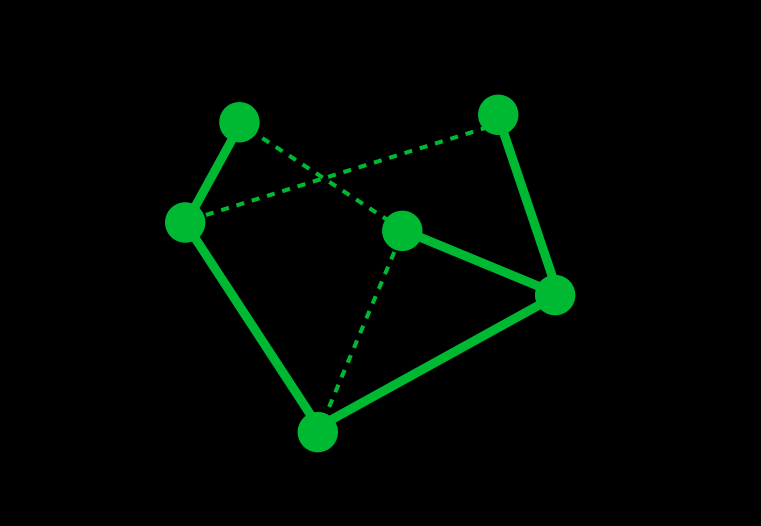Notebook from June
Contains: notes from Isabelle Fremeaux, Jay Jordan, Michael Warner, Michel Foucault, and more
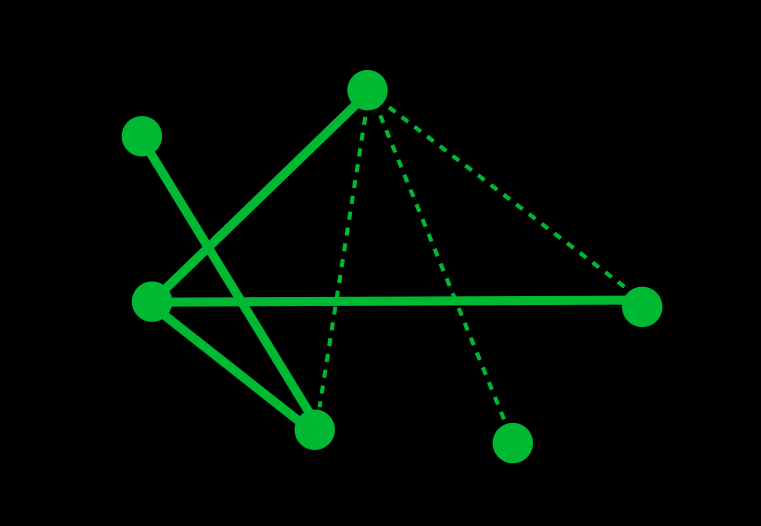
Oldest to newest
1. Venezuela economic collapse
3. Frederik Rasten's "Strands of Lunar Light"
5. "Joinery"
6. "Sculpture is different from painting"
9. Abstraction vs symbolic cosmology
10. The "problems" of basketry
11. Ed Rossbach's "Constructed Color Wall Hanging"
12. "The age of repression" (or the lack thereof)
15. Nick Borelli's "Mold Mold Mold"
16. Declines in property crime and violent crime
19. The Laboratory of Insurrectionary Imagination
21. Suzi Gablik's "reenchantment"
22. How things hold
24. "No being is purely individual"
26. Material and relational attachments
29. Allan Kaprow, art, attention, and living
30. "We are nature defending itself"
31. "Acting as if you were already free"
32. The bocage
33. Moorland commons
36. The state's portion of history
37. "Les Sentiers de l'Utopie"
38. The Zapatistas
40. Inhabitation as resistance
41. From commune life to surveillance capitalism
42. Michael Snow's "La Region Centrale"
43. Michael Snow's "So Is This"
44. David Keenan's "Volcanic Tongue"
45. Magic, attention, and imagination
47. Perceptions of jargon and unclarity
48. "Defamiliarization for whom?"
49. The "social dimensions of style"
50. "Taste" and the repertoire of possible lenses
52. Success in the public sphere
53. The inhibition of public-minded discussion
54. Journalists vs public discussion
55. Public politics vs public discussion
56. The segregation of intellectual publics
57. Warner on university presses
58. The "axiomatic preference for complexity"
59. Dialogue vs polemic, for Foucault
60. Foucault's "problematization"
61. Foucault and the public/private distinction
62. Foucault's view of inquiry
63. John Guillory's "On Close Reading"
64. What close reading is (for Guillory)
65. Close Reading in the Twenty-First Century
66. What close reading is (for Sinykin / Winant)
